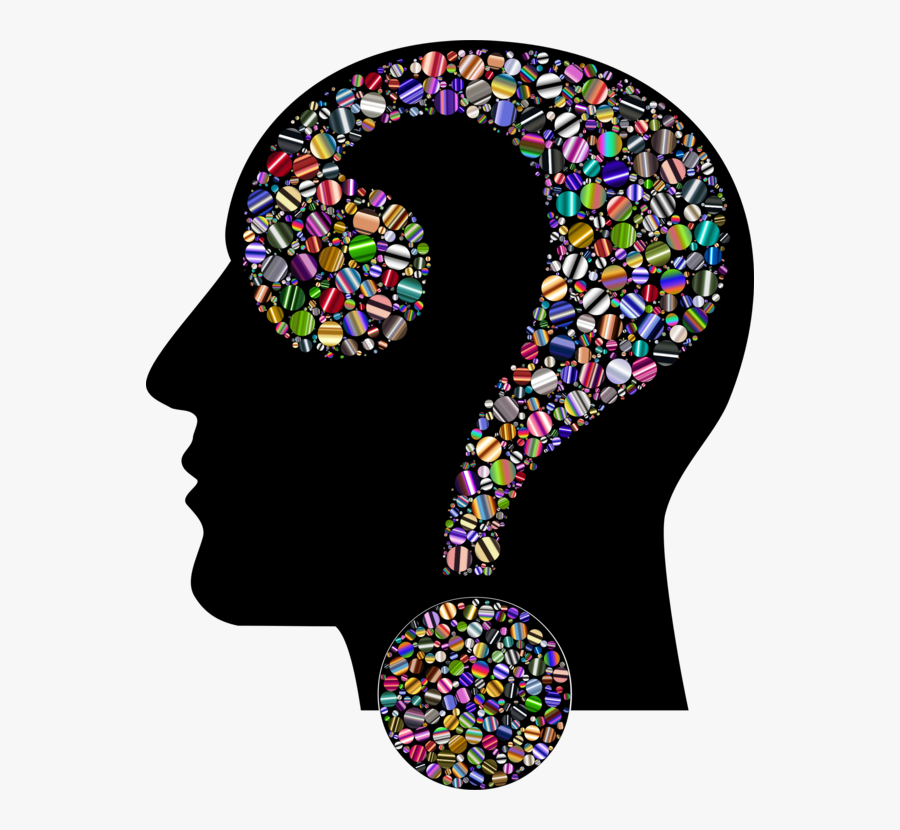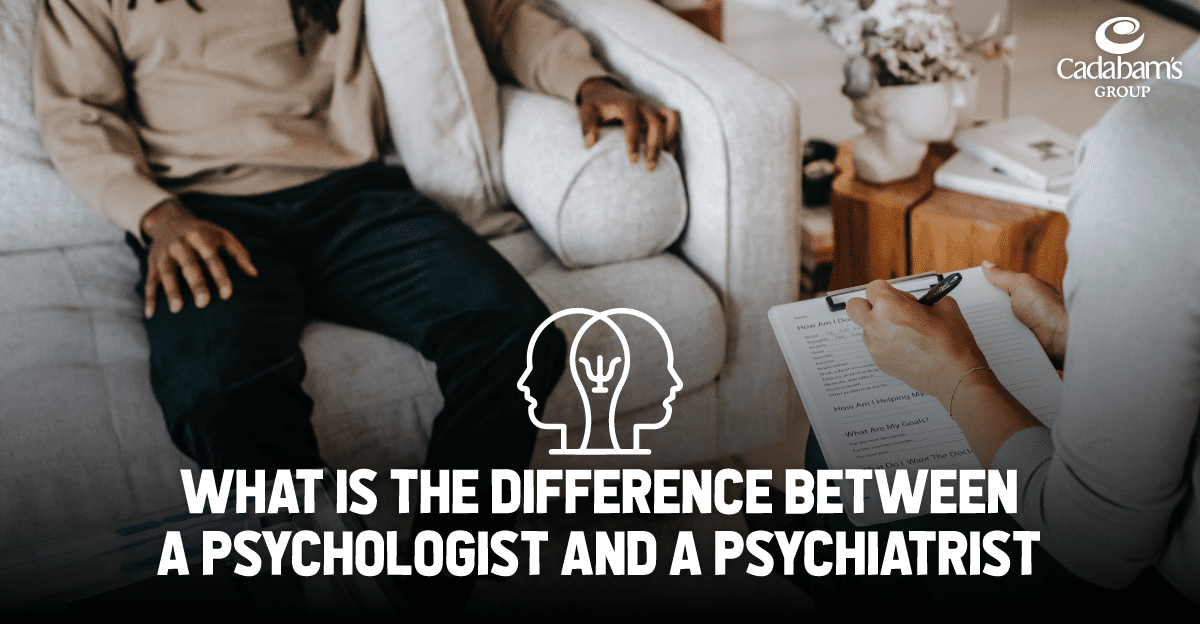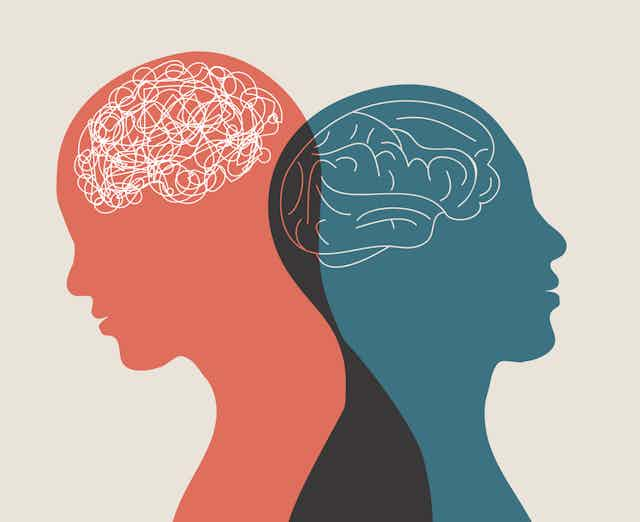Finding the Best Psychologist in Delhi: A Guide to Your Mental Wellness Journey
Finding the Best Psychologist in Delhi: A Guide to Your Mental Wellness Journey
Blog Article
Psych Treatment: A Comprehensive Overview to Methods and Results

Cognitive-Behavioral Therapy
Cognitive-Behavioral Treatment (CBT) is a widely used psychotherapeutic strategy that concentrates on determining and customizing inefficient thinking and actions patterns. Established in the 1960s by Aaron T. Beck, CBT combines behavior and cognitive concepts to attend to various psychological health and wellness issues, consisting of depression, anxiety, and stress-related conditions.
Methods such as cognitive restructuring, exposure therapy, and skill-building exercises are typically utilized. Cognitive restructuring includes difficult and altering adverse idea patterns, while direct exposure treatment aims to decrease worry and anxiousness via gradual exposure to been afraid items or circumstances.
Evidence-based research sustains the efficacy of CBT for a wide variety of mental disorders - Best Psychologist in Delhi. Its focus on ability purchase and self-help methods equips customers to proceed development independently after treatment wraps up. The flexibility and performance of CBT have made it a foundation in contemporary psychotherapeutic practice
Psychodynamic Strategies
Rooted in the early theories of Sigmund Freud, psychodynamic techniques concentrate on exploring the unconscious mind and its impact on habits and emotions. These techniques aim to uncover hidden ideas and feelings that might be driving maladaptive behaviors and psychological distress. Central to this method is the principle of internal conflict, frequently originating from unsolved past experiences, particularly those from childhood years.
Therapists utilizing psychodynamic methods utilize a number of vital approaches, including free association, where clients are urged to speak easily to disclose unconscious material, and dream analysis, which translates the hidden content of desires. Additionally, the exploration of transfer and countertransference characteristics within the therapeutic connection is critical. These communications can offer understandings right into the person's internal globe and relational patterns.
Psychodynamic treatment is normally longer-term compared to various other methods, offering a extensive and deep understanding of the person's mind. Research indicates that it can be especially reliable for intricate mental health issues, such as personality problems and chronic depression. By fostering self-awareness and psychological insight, psychodynamic therapy looks for to bring unconscious product to awareness, enabling people to achieve purposeful and lasting modification in their lives.
Humanistic Strategies
Structure on the structures laid by psychodynamic approaches, humanistic techniques provide an unique perspective concentrated on specific possible and self-actualization. Coming from the mid-20th century, these techniques focus on the integral goodness and growth possibility of individuals, highlighting an all natural view of human experience. Secret figures such as Carl Rogers and Abraham Maslow have significantly influenced this restorative strategy, which includes techniques like client-centered treatment and Gestalt therapy.
Client-centered treatment, created by Rogers, plays a critical duty in humanistic strategies. The therapist's function is even more of a facilitator than an authority, urging clients to harness their internal resources for healing.
Gestalt therapy, one more essential humanistic strategy, stresses existing moment understanding and the assimilation of mind and body. By focusing on the "present moment," clients get higher understanding right into their present feelings and actions. Techniques such as role-playing and directed visualization are typically employed to help clients get a deeper understanding of themselves, eventually bring about enhanced self-awareness and fulfillment.
Integrative Treatments
Integrative therapies stand for a synthesis of various restorative methods tailored to fulfill the one-of-a-kind needs of each customer. This approach acknowledges the intricacy of Discover More human psychology and the complex nature of psychological health and wellness concerns. By incorporating aspects from different institutions of psychiatric therapy-- such as cognitive-behavioral therapy (CBT), psychodynamic therapy, and humanistic techniques-- integrative treatments provide a more adaptable and alternative therapy standard.
Practitioners of integrative therapy assess each client's certain demands, signs and symptoms, and personal background to create a personalized treatment plan. This personalized method improves the potential for restorative success by dealing with the source of psychological distress and promoting general health. Methods might include mindfulness workouts, cognitive restructuring, and psychological processing, each selected to target various facets of the customer's concerns.
Furthermore, integrative therapies stress the restorative partnership, seeing the client-therapist bond as a vital part of reliable treatment. This relationship fosters a supportive atmosphere where clients feel secure to check out and resolve their issues. The flexibility of integrative treatments makes them ideal for a broad series of conditions, consisting of anxiousness, clinical depression, trauma, and social difficulties, thus enhancing their applicability and performance in diverse clinical setups.

Determining Treatment End Results
Assessing the efficiency of psychiatric therapy is crucial for both medical professionals and clients to make sure that the treatment is producing the preferred outcomes. To achieve this, numerous techniques and devices are utilized to gauge therapy outcomes systematically. Standardized assessment tools, such as the Beck Clinical Depression Inventory (BDI) and the Generalized Anxiousness Disorder 7 (GAD-7), supply measurable data on signs and symptom extent and adjustments over time.
Along with standard tools, qualitative approaches like customer self-reports and medical meetings offer useful understandings into the personal experiences and viewed development of clients. Frequently set up examinations, commonly at the beginning, midpoint, and end of therapy, aid in tracking the trajectory of renovation or recognizing locations needing change.
End result Full Article dimension is not restricted to sign reduction; it likewise encompasses functional improvements in day-to-day live, such as better interpersonal relationships, raised work performance, and improved overall wellness. Modern innovations in electronic health have introduced mobile applications and online platforms that promote real-time tracking and responses, further fine-tuning the evaluation procedure.
Inevitably, a thorough technique to gauging therapy outcomes makes certain that restorative interventions work, efficient, and tailored to meet the private demands of customers, thereby enhancing the overall therapeutic experience.
Final Thought
Psychiatric therapy uses a complex array of methods targeted at resolving particular psychological health and wellness issues and enhancing overall health. Cognitive-Behavioral Treatment and psychodynamic methods target useless thoughts and unconscious impacts, go right here respectively. Humanistic techniques concentrate on individual development and self-actualization, while integrative therapies integrate several techniques for tailored treatment plans. Reviewing therapy results via qualitative approaches and standardized analyses makes sure a detailed understanding of effectiveness, inevitably guiding customers towards sustaining psychological health and wellness enhancements.
From the structured approach of Cognitive-Behavioral Treatment (CBT) to the deep exploration of the unconscious in psychodynamic treatment, each method brings one-of-a-kind benefits. Its emphasis on skill procurement and self-help strategies empowers clients to proceed progression separately after therapy wraps up (Best Psychologist in Delhi). Key numbers such as Carl Rogers and Abraham Maslow have dramatically influenced this restorative approach, which incorporates techniques like client-centered therapy and Gestalt treatment

Report this page